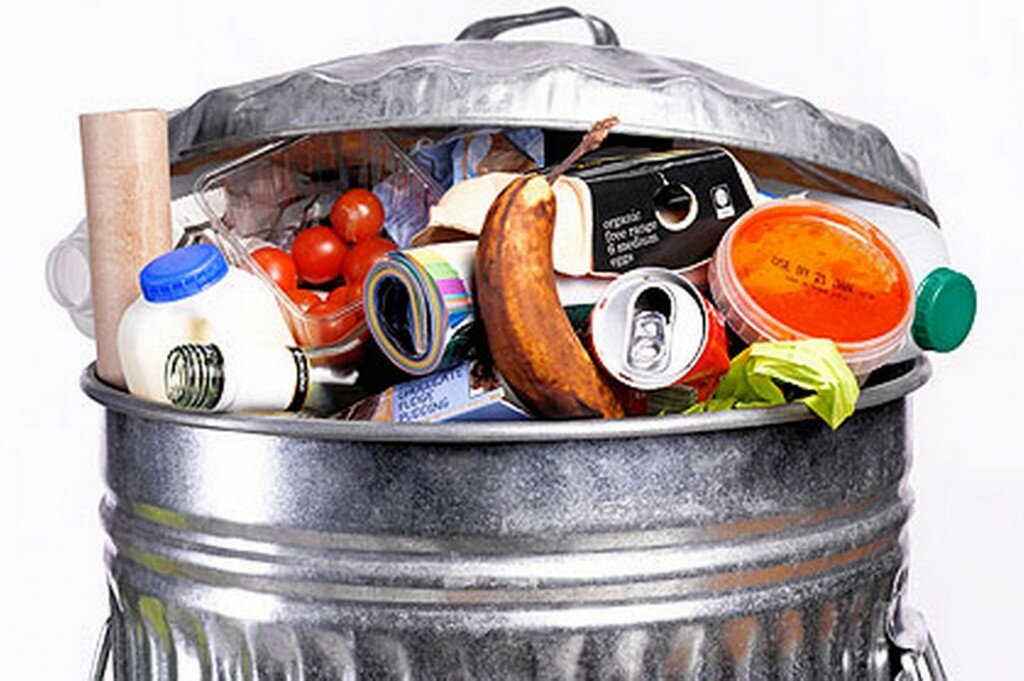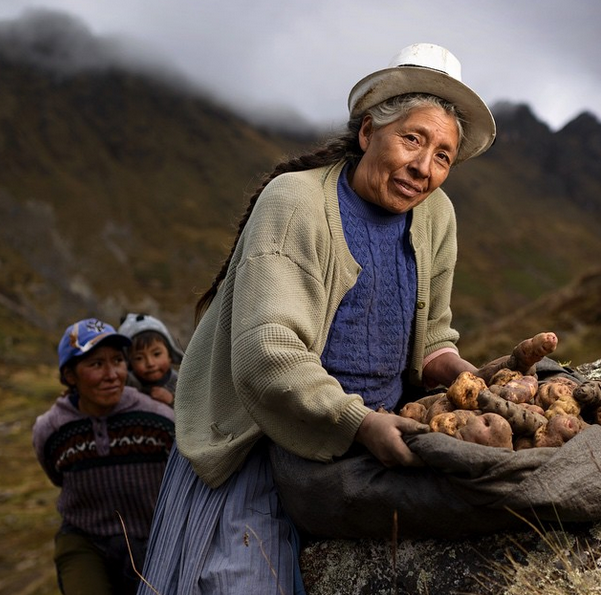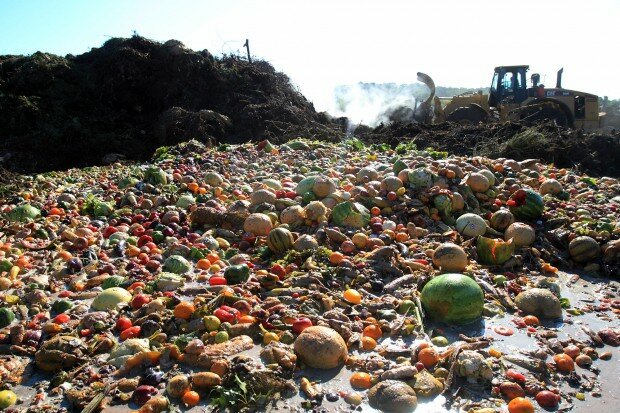“Excuse me, do you have 25 cents?”
A kind, raspy voice asked a group of the CollegeVox interns and me as we strolled back from a company fieldtrip to The Hyppo in Downtown Gainesville. I handed my melting pop to one of the interns, Julio, and dug through my wallet. Among debit cards, rewards cards and expired coupons was one lone dollar. I handed it over and shook hands with the gentleman, whose name turned out to be Dre.
We walked on and went back to the office, and I’m sure Dre went on with his day all the same, but there was something about the encounter that I couldn’t stop thinking about.

Just minutes before meeting Dre, who was undoubtedly homeless and probably hungry, I had mindlessly tossed half of my Publix sushi in the trash. Not because I didn’t like it. Not because something was wrong with it. It was done thoughtlessly simply because I was finished eating, and that was that.
I am by no means Mother Earth’s favorite daughter, but I genuinely attempt to be eco-friendly and conscientious of my habits every chance I get. Recycling, carpooling, efficient bulbs, low-pressure showerheads, reusable bags and minimal plastic are all a part of my daily routine.
Food waste, however, is not something I have thought too consciously about. Until now.
With a little research, I found out that my neglected and abandoned sushi would not be alone in the landfill. In a recent study, the Stockholm International Water Institute found that Americans dispose of up to 40 percent of the food they purchase.

Via: mirror.co.uk
When you consider that there are more than 1 billion people currently suffering from hunger and malnourishment the world over, that statistic goes from alarming to downright disgusting.
If you’re of the, “Yeah, but this is AMURICA” school of thought, then also consider that an estimated 50 million Americans do not have access to sufficient food. One in six Americans struggle with food insecurity today. In 1968, that number was one in 20.
To make matters worse, about 24 million people suffer from an eating disorder such as anorexia, bulimia in the U.S. and 78.6 million of American adults are obese.
It’s clear that as a country, we have a fucked up relationship with food. Although it would take numerous dissertations and more intelligence than I currently possess to properly analyze the root cause of that fraught relationship, I can offer some incentives to think twice before letting produce rot in your fridge or mindlessly tossing leftovers, like I did. I can also offer some tips to help rehab your wasteful ways.
Your Wallet
Your grocery bill would breathe a sigh of relief if you strictly only purchased food that was going to be eaten.
1) Plan out your meals for the week.
2) Split large items with roommates. It’s unlikely both of you are going to finish your own gallon of milk and giant container of spinach in a week.
3) Don’t go to Publix when your stomach is growling. You’ll end up buying way more than you need.
4) Think ahead when you grab fruits and veggies. i.e.: Grab one rock-hard avocado and one soft one. Grab two yellow bananas and two green. It will space out the time you have to use them.
5) Organize your fridge to keep things fresher and cut down your electric bill. Refrigerators have varying temperature from top to bottom, so follow this quick and easy guide to storing your food.

Your Planet
When your rejected food ends up in a landfill it rots and becomes a significant source of methane gas. This potent greenhouse gas is the evil stepsister of carbon dioxide, with 21 times the global warming potential. In the U.S., methane from landfills accounts for more than 20 percent of all methane emissions.

Think about how many resources went into growing the contents of that Chipotle bowl or even what is needed to grow a single apple. Water, fertilizers, pesticides, manual labor and energy, to name a few. By wasting food, you are also wasting the precious resources that went into growing it.
Your Fellow Humans
Re-read the statistics above about the starving people of the world.
‘Nuff said. If thoughts of the consumers and the starving don’t inspire you, try spending a moment thinking of the hard-working individuals who spend their lives growing and harvesting your daily sustenance. Most of us could not even begin to understand what it means to farm day-in and day-out in harsh conditions. Jim Richardson from National Geographic summed it up beautifully.

“Farmers, like Fausta ‘Uva’ Callupe, will always be a key to feeding our planet. Thinking of her today, about the kindness she showed me when I photographed her harvesting potatoes in the the Andes, about how she glowed even at 14,000 feet altitudes, is a joy to me. We depend on these folks and we don’t think of them often enough.”
Your Body
Food is intended to nourish your body. It is intended to provide you the energy needed to live out your short time on this beautiful Earth in a strong, healthy way. Hungover mornings, late night munchies, Adderall binges and rampant insecurities tend to make our relationship with food a love/hate fiasco, but it doesn’t have to be that way.
Honor and respect every meal that comes before you as if it was handed to you by Mother Earth herself because, actually, it was.
And be thankful that you get to spend your time contemplating your love life, studies, future goals and life aspirations instead of where your next meal will come from.

Via: blakesnow.com





